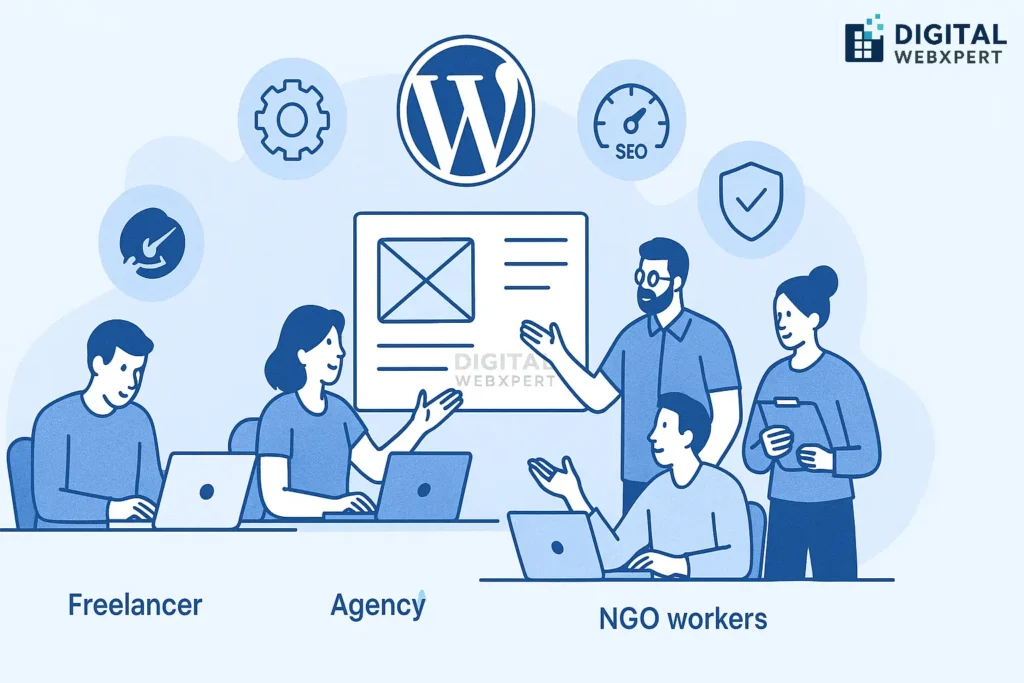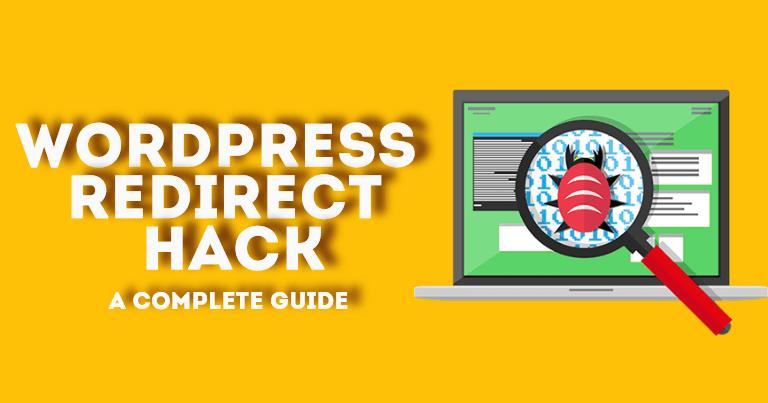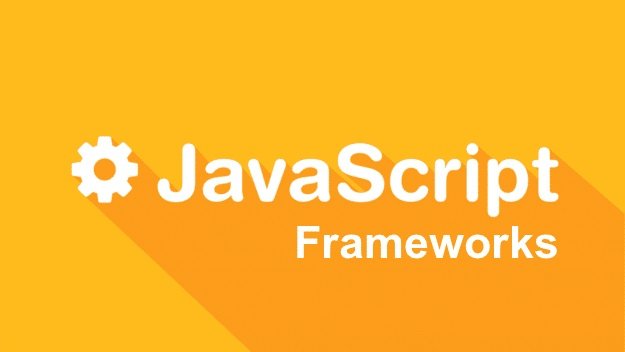Introduction: Why WordPress Is a Smart Choice in 2025
Whether you’re a solo freelancer, a design agency, or a nonprofit organization, having a reliable and flexible website platform is non-negotiable in 2025. That’s where WordPress shines. Powering over 40% of all websites globally, WordPress continues to dominate because of its scalability, flexibility, and ease of use.
But building on WordPress isn’t enough — you need to follow WordPress best practices to ensure your website is fast, secure, SEO-optimized, and conversion-focused. This guide dives into the most effective strategies tailored specifically for freelancers, agencies, and NGOs to thrive online in 2025.
1. Choose the Right WordPress Theme
A professional website starts with a great theme.
For Freelancers
Use minimal, portfolio-style themes like Astra, GeneratePress, or Neve. They’re lightweight and fast-loading, and they highlight your work without distractions.
For Agencies
Go for multipurpose themes such as Divi or Kadence. These come with pre-built layouts, design flexibility, and WooCommerce integration.
For NGOs
Look for accessibility-compliant, donation-optimized themes like Benevolent or Charitize that support multilingual content, donation plugins, and community engagement.
👉 Best Practice: Use themes that are lightweight, responsive, SEO-friendly, and regularly updated.
2. Speed Optimization = Better UX + Higher Rankings
Website speed is a ranking factor in Google, and it greatly impacts user experience.
Quick Wins:
Use caching plugins like WP Rocket or LiteSpeed Cache
Enable GZIP compression and browser caching
Optimize images using ShortPixel or Smush
Use a CDN like Cloudflare or BunnyCDN
Limit heavy plugins and third-party scripts
Freelancers and NGOs with limited hosting budgets will benefit from these tips the most — a faster site converts more and uses fewer resources.
3. Prioritize Mobile Responsiveness
More than 65% of users browse from mobile in 2025.
Always choose mobile-first themes
Use tools like Google Mobile-Friendly Test
Keep your design clean with large buttons and readable fonts
Test on multiple devices
WordPress best practices emphasize mobile performance across all industries, but for agencies and creators, a mobile-first approach directly impacts engagement and conversions.
4. Follow On-Page SEO Best Practices
SEO is critical to online visibility. Use these WordPress best practices:
Install Yoast SEO or Rank Math
Include the focus keyword in the title, meta description, H1, first paragraph, and image alt tags
Use schema markup
Keep URLs clean and include keywords
Internally link to older blog posts or service pages
📌 Pro Tip: Write content that answers users’ questions directly and use tools like Google Search Console and Ubersuggest for keyword tracking.
5. Secure Your WordPress Website
Security is essential, especially for NGOs handling donor data and agencies managing client information.
Best WordPress Security Practices:
Use plugins like Wordfence, iThemes Security, or MalCare
Enable 2-factor authentication
Set up daily backups (UpdraftPlus, BlogVault)
Use strong admin passwords and change login URL
Keep WordPress core, themes, and plugins updated
WordPress for NGOs must include SSL encryption, secure donation forms, and frequent malware scans to maintain trust and compliance.
6. Use Page Builders Wisely
Page builders help non-coders design stunning layouts. But bloated designs can slow down your site.
Best Lightweight Builders:
Elementor (Pro) – great for agencies and freelancers
Beaver Builder – performance-focused
Gutenberg – native, lightweight, and ideal for NGOs with basic content needs
Use only what’s necessary — performance is more important than flashy visuals.
7. Optimize for Conversions
Whether you want donations, leads, or clients — your site must be designed to convert visitors into action.
Conversion Tips:
Use clear CTAs (e.g., “Donate Now,” “Hire Me,” “Book a Demo”)
Use testimonials, social proof, and trust badges
Add live chat with Tawk.to or Crisp
Use popups wisely with tools like OptinMonster
Remember: your WordPress business website is your digital asset — make every visit count.
8. Use Analytics and Heatmaps
Track user behavior to improve your site.
Integrate Google Analytics 4 and Search Console
Use Hotjar or Microsoft Clarity to view heatmaps and session recordings
Analyze what works, test changes, and optimize your strategy
Agencies can use this data for A/B testing. Freelancers can understand what services users click on most. NGOs can improve donation flows and storytelling.
9. Accessibility and Inclusivity
Make your site usable for everyone.
Add alt text to all images
Use sufficient color contrast
Ensure keyboard navigation
Follow WCAG guidelines
WordPress for NGOs especially must prioritize inclusivity to maximize reach and impact.
10. Regular Maintenance = Long-Term Success
Don’t build it and forget it.
Audit plugins monthly
Run malware scans
Check for broken links (use Broken Link Checker)
Update all core files
Backup weekly (minimum)
Agencies can automate this process and offer it as a service. Freelancers and NGOs can schedule quarterly reviews.
Final Thoughts
Whether you’re a freelancer showcasing your skills, an agency serving multiple clients, or an NGO trying to reach a broader audience, following these WordPress best practices in 2025 will dramatically improve your site’s performance, security, and impact.
💡 Ready to level up your WordPress presence? Let Digital WebXpert help you build, secure, and scale your WordPress site the right way.



